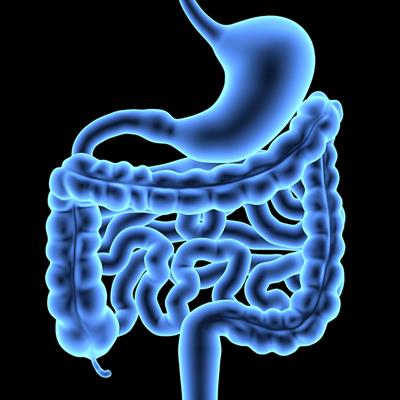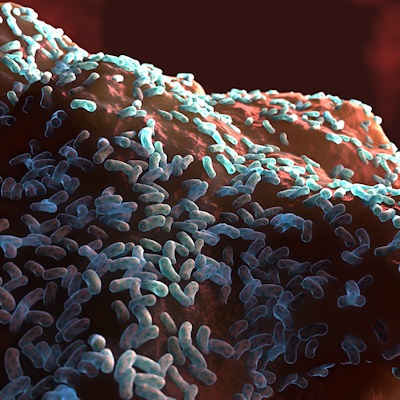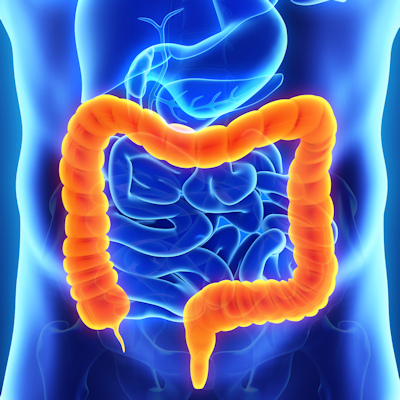October 17, 2022 -- Weill Cornell Medicine researchers discovered that pain-sensing neurons protect the gut from inflammation and associated tissue damage by regulating the intestines’ microbiome.
Their study, published October 14 in the journal Cell, has potential implications for millions of people suffering from inflammatory bowel disease (IBD).
Weill researchers examined pain neurons that extend nerve endings into the gut. These neurons express a surface protein, TRPV1, which serves as a pain signal receptor. TRPV1 can be activated by heat, acid, and capsaicin, which the brain translates into burning pain sensations. The researchers found that silencing these TRPV1 receptors, or deleting TRPV1-expressing neurons, led to worse inflammation in IBD mouse models. Conversely, activating the receptors had a protective effect.
The worsened inflammation was associated with population changes in gut bacteria. When this altered bacterial population was transplanted into normal mice, it also worsened susceptibility to inflammation. By contrast, broad-spectrum antibiotics reversed this susceptibility, demonstrating that TRPV1-expressing nerves help maintain a healthy gut microbiome.
The microbe-influencing effect of TRPV1-expressing nerves largely comes from substance P -- a molecule the nerves secrete -- which reverses the harmful effects of blocking TRPV1. Experiments suggested two-way signaling between neurons and microbes; some bacteria could signal TRPV1-expressing nerves to produce more substance P.
Confirming human relevance, researchers also found abnormal TRPV1 and substance P gene activity, plus fewer TRPV1 nerves overall, in IBD patients' gut tissue. Collectively, these findings indicate an evolutionarily conserved link between pain reception, intestinal microbiota, and intestinal homeostasis restoration. Researchers believe the next generation of IBD drugs might target the nervous system.
"When it comes to chronic inflammation, we've been seeing only some of the picture -- and now the rest, including the role of the nervous system, is starting to come into focus," Weill professor and senior author Dr. David Artis said in a statement.
Copyright © 2022 scienceboard.net









